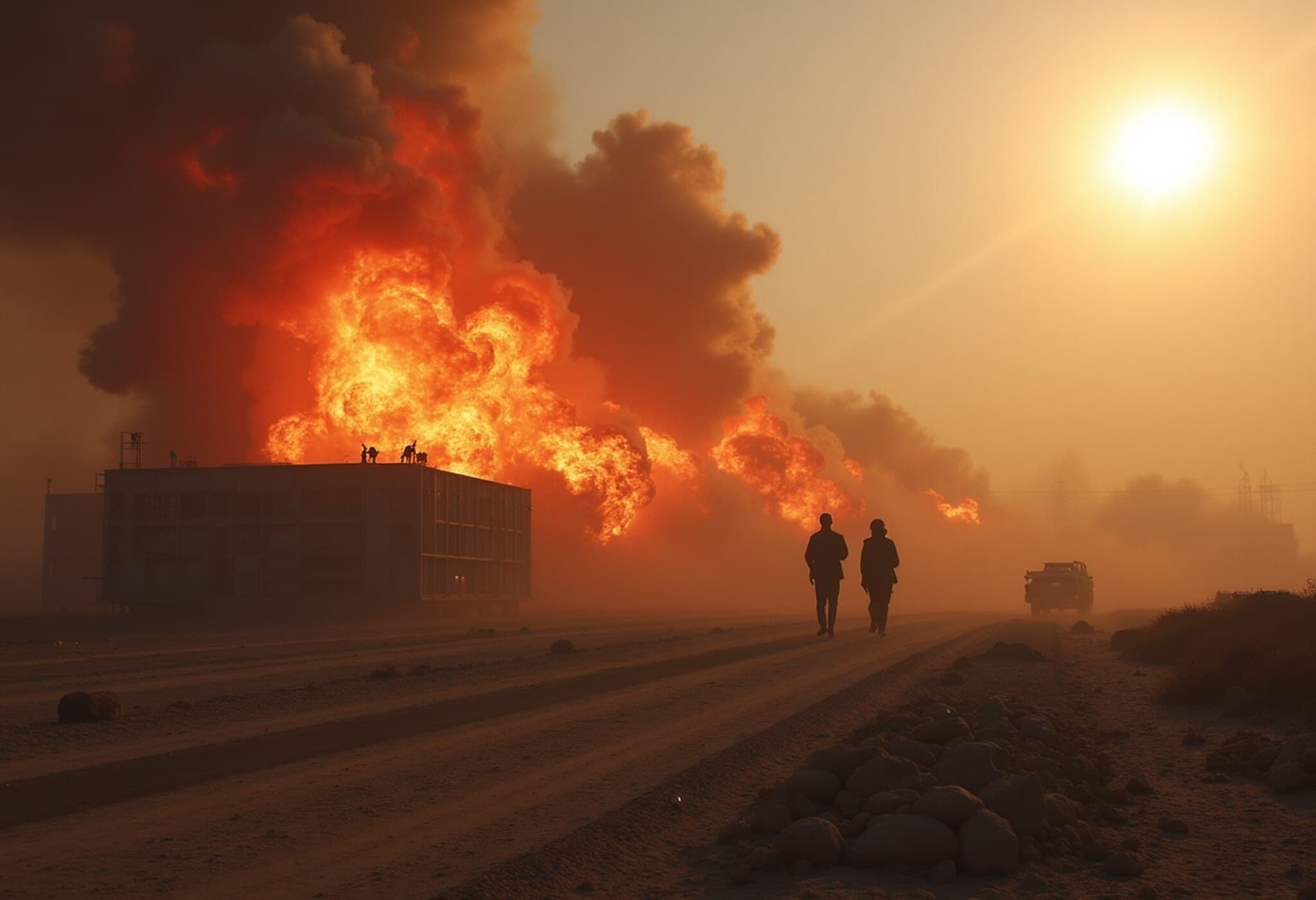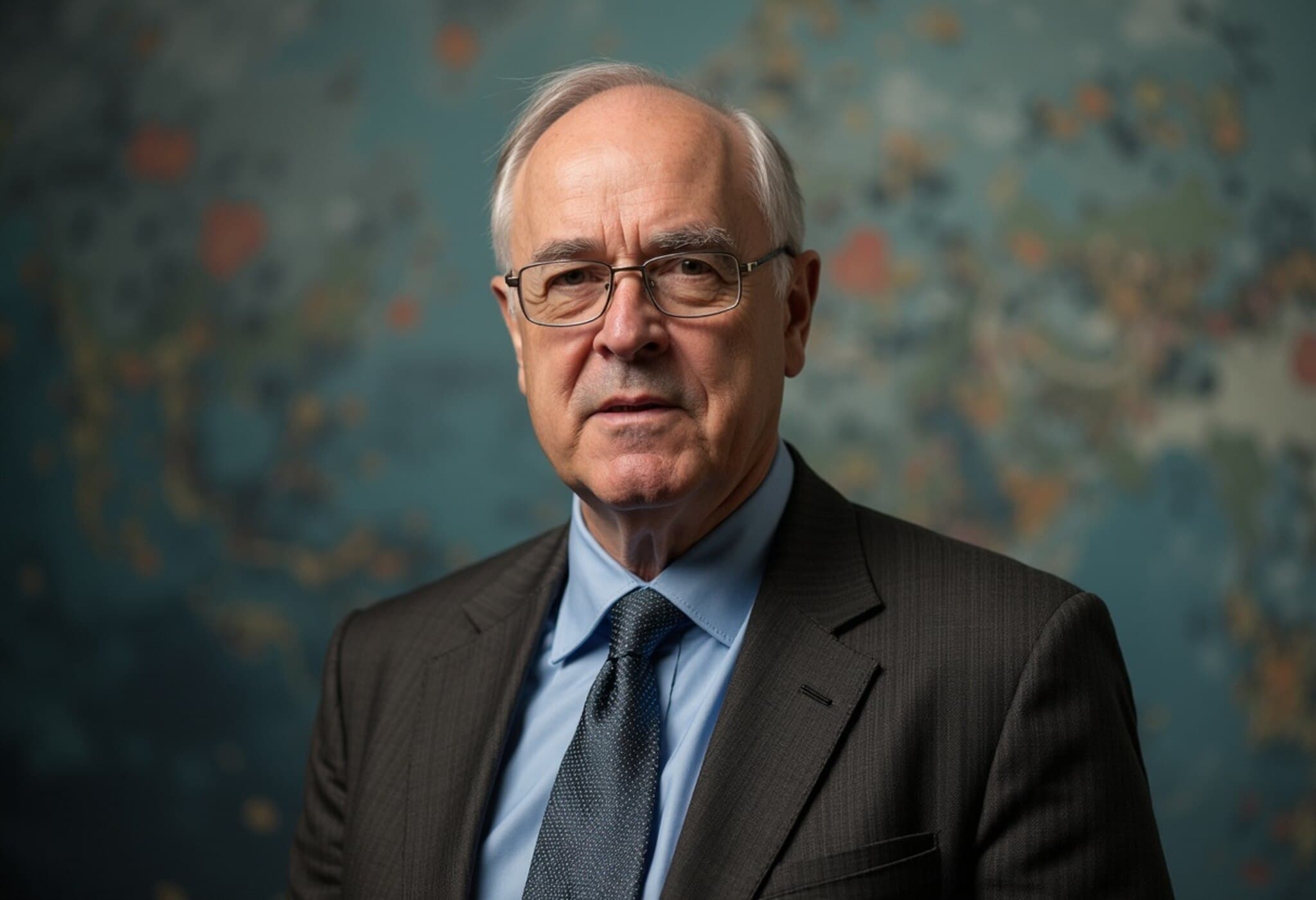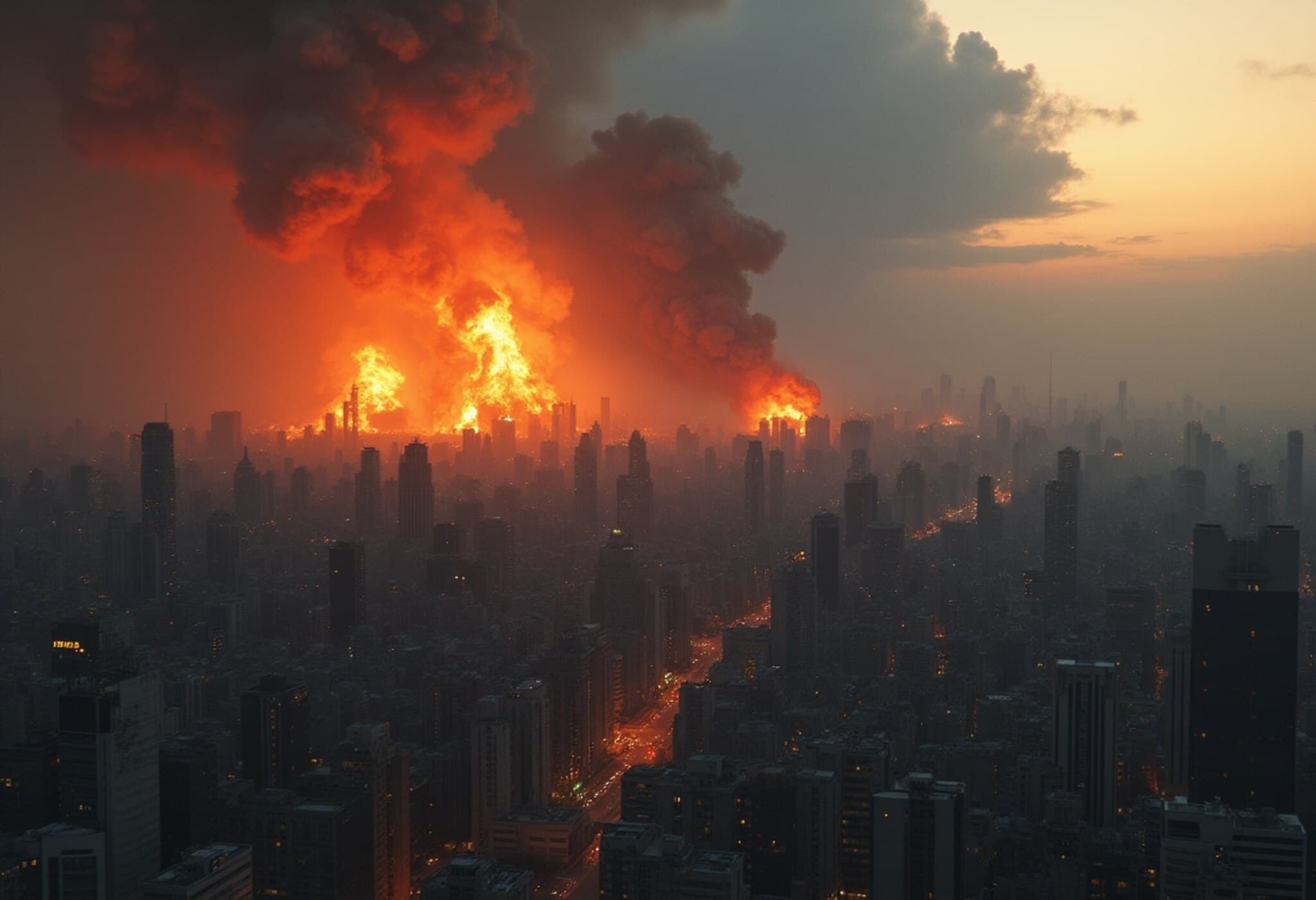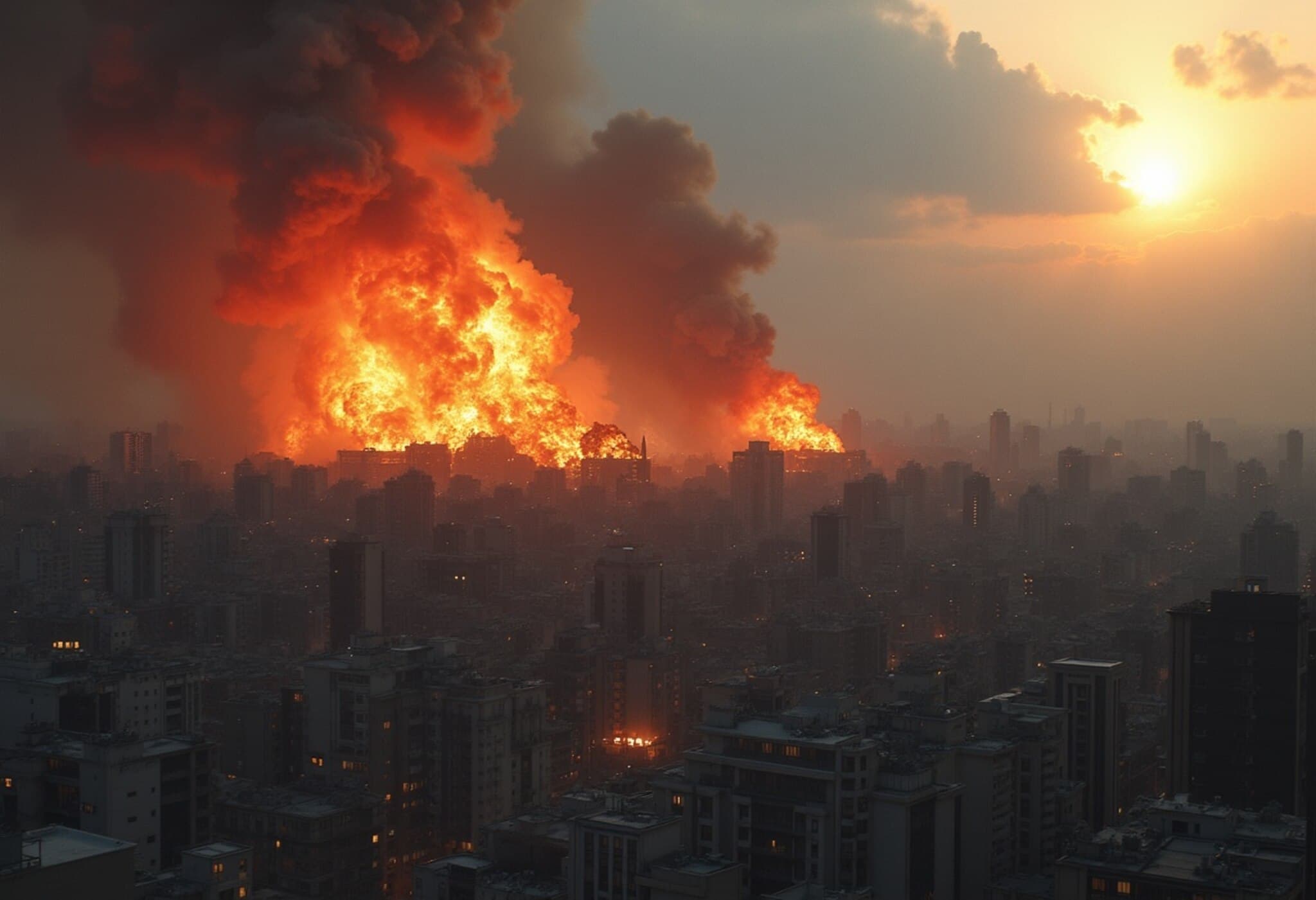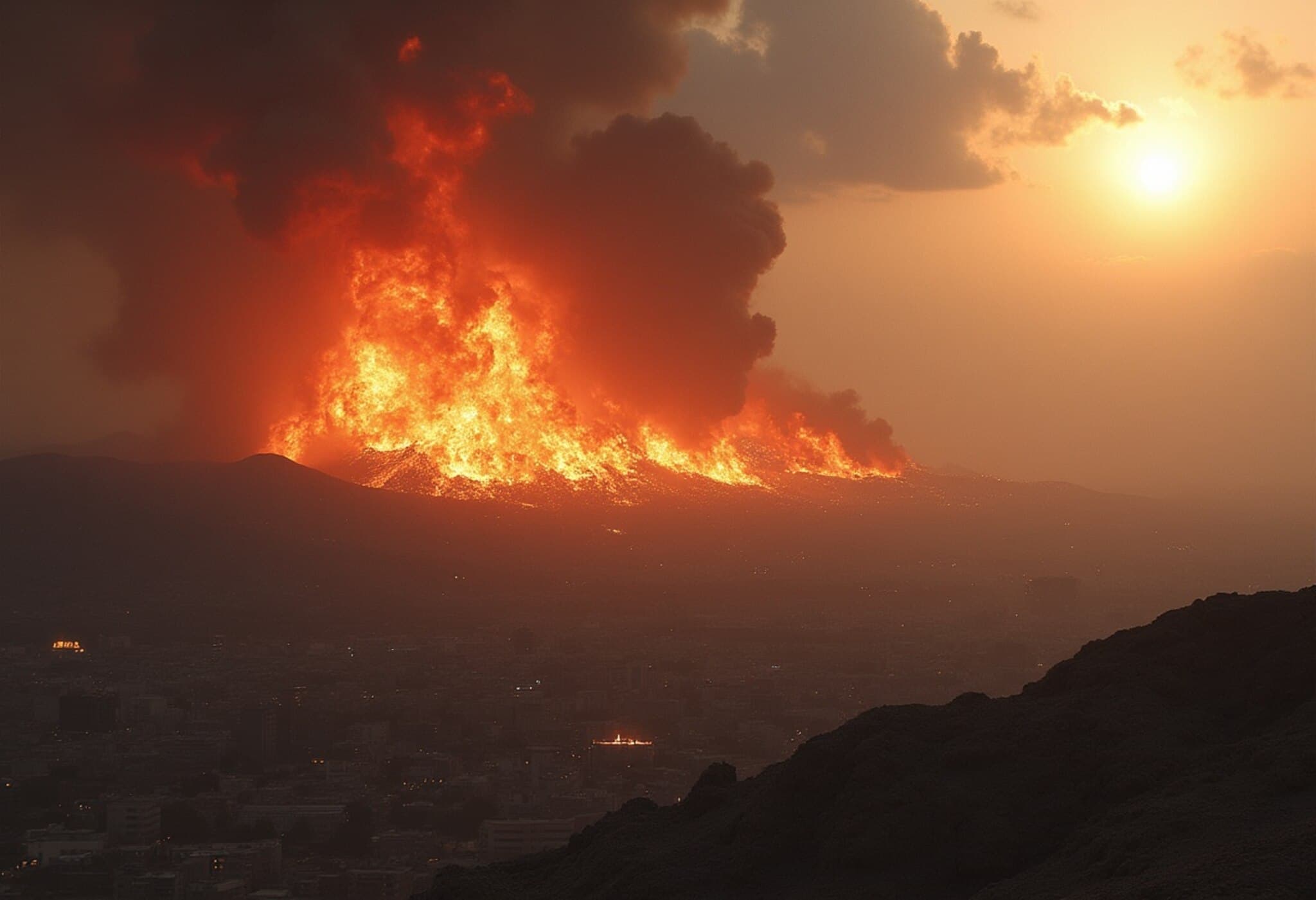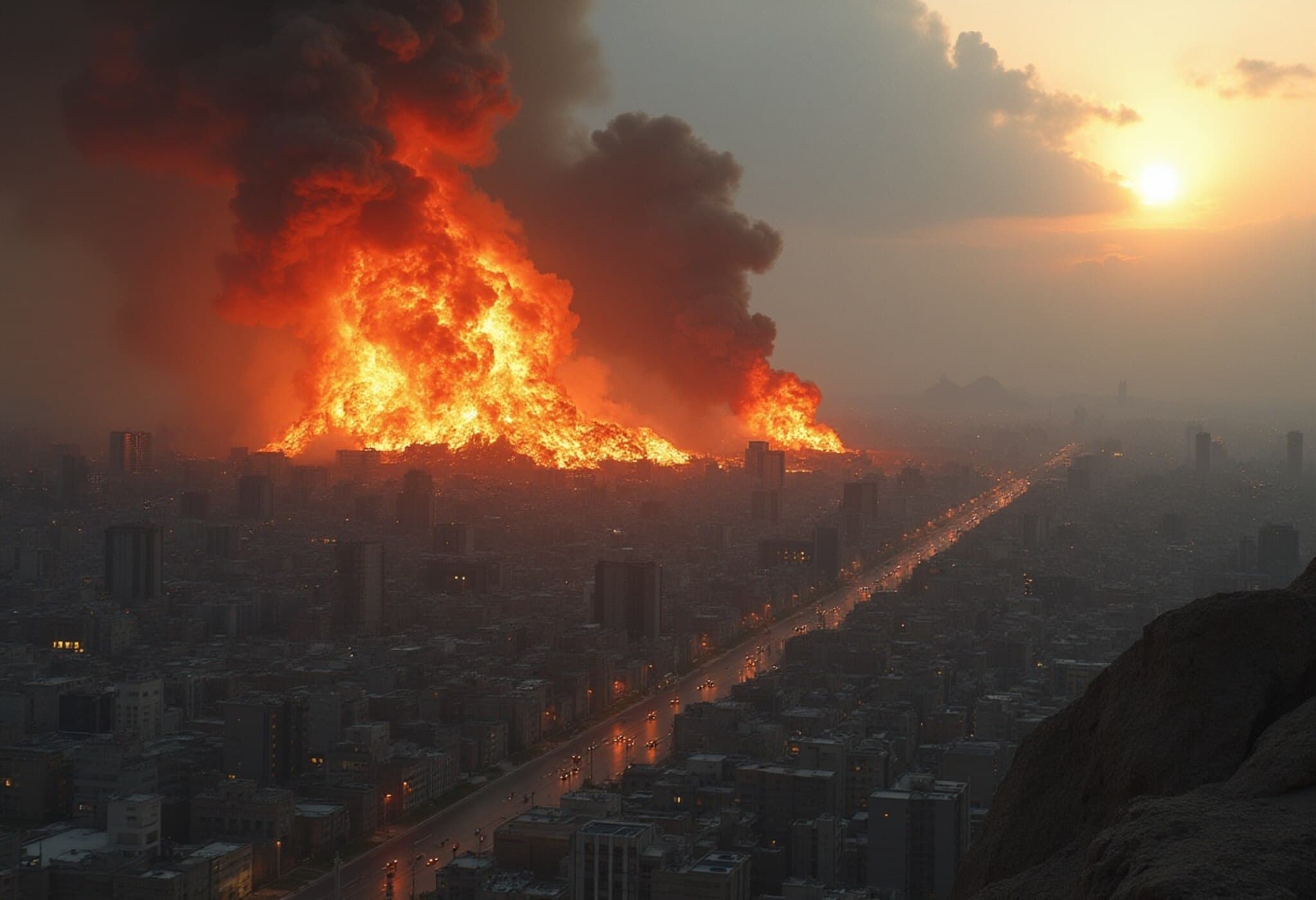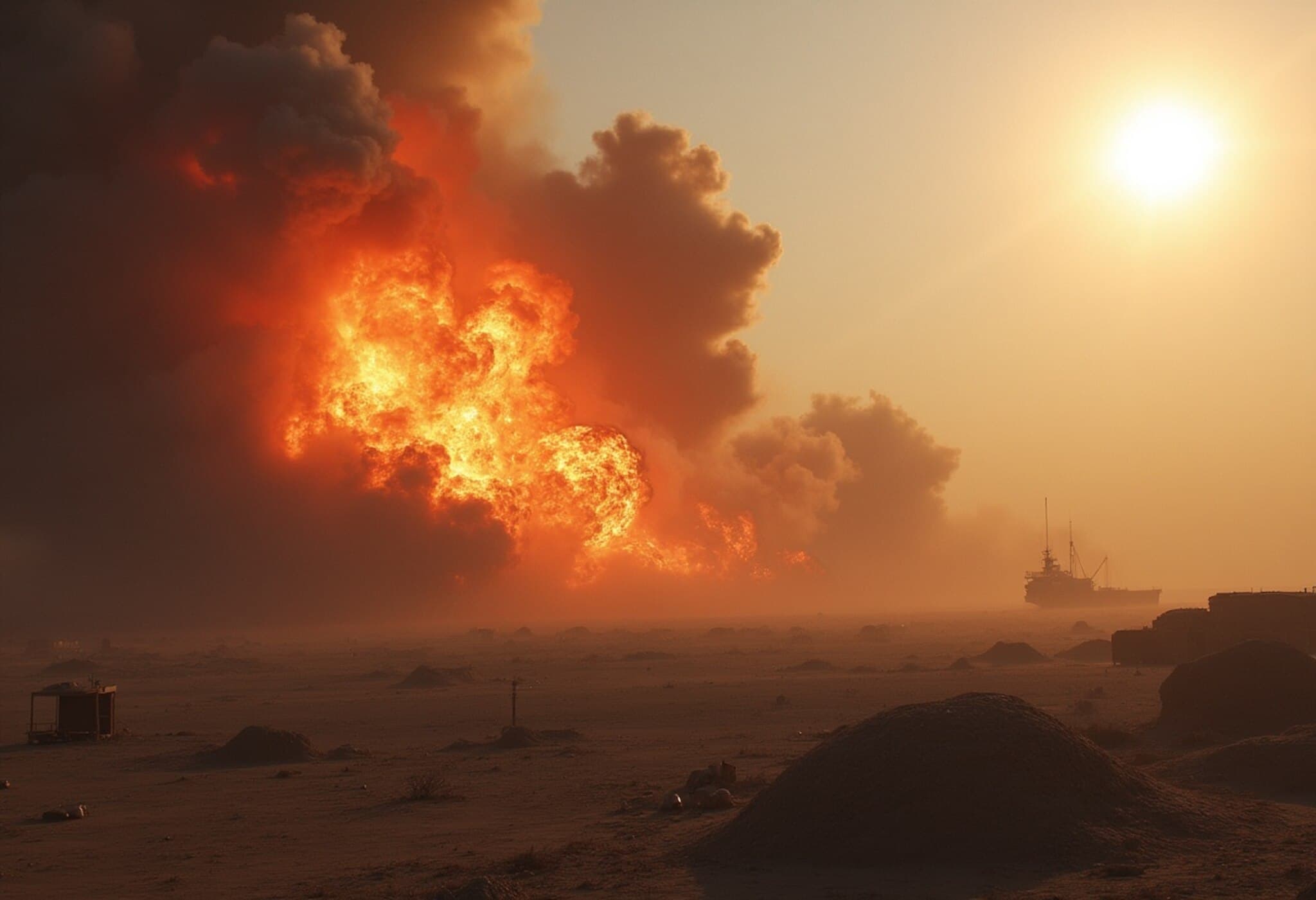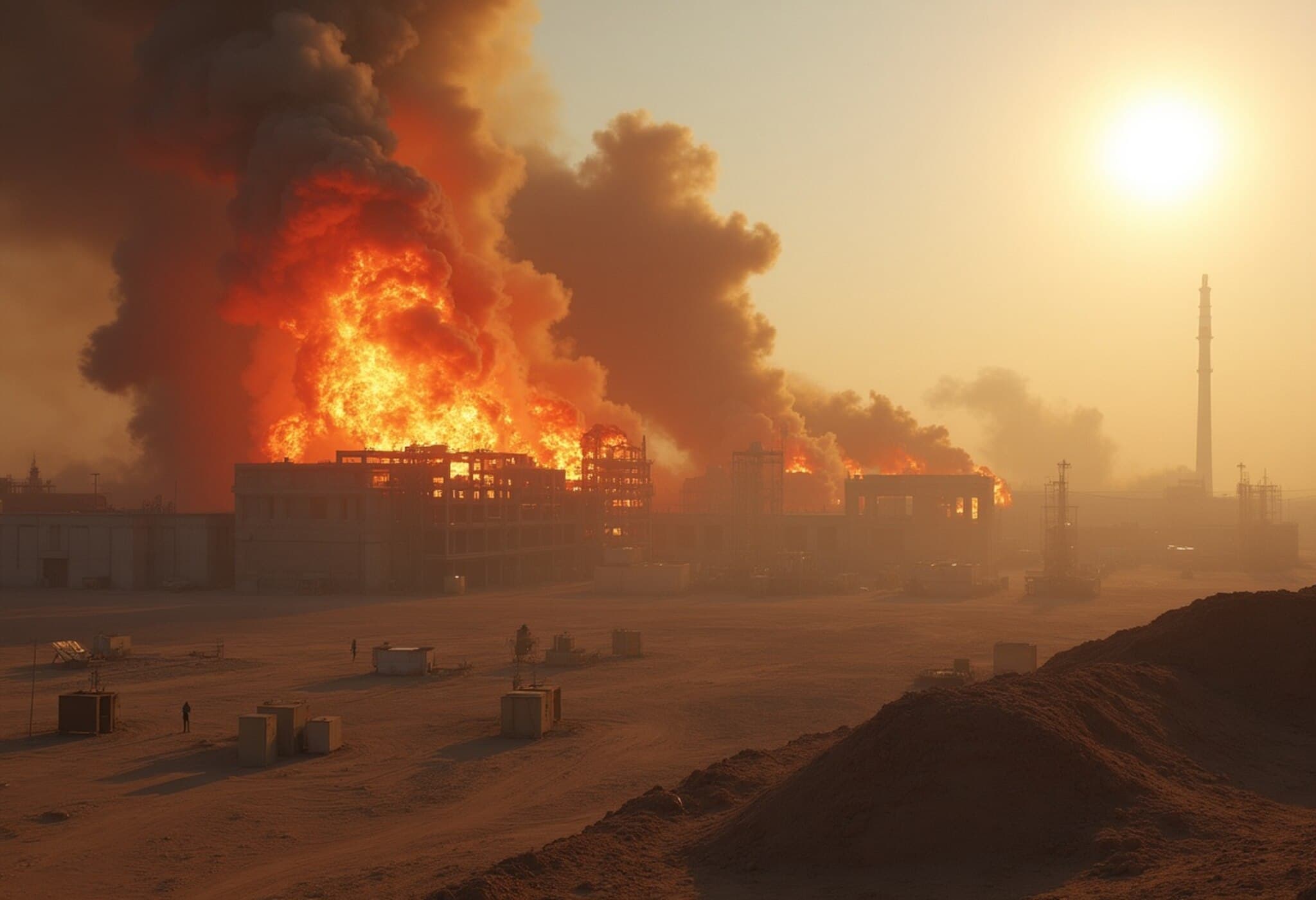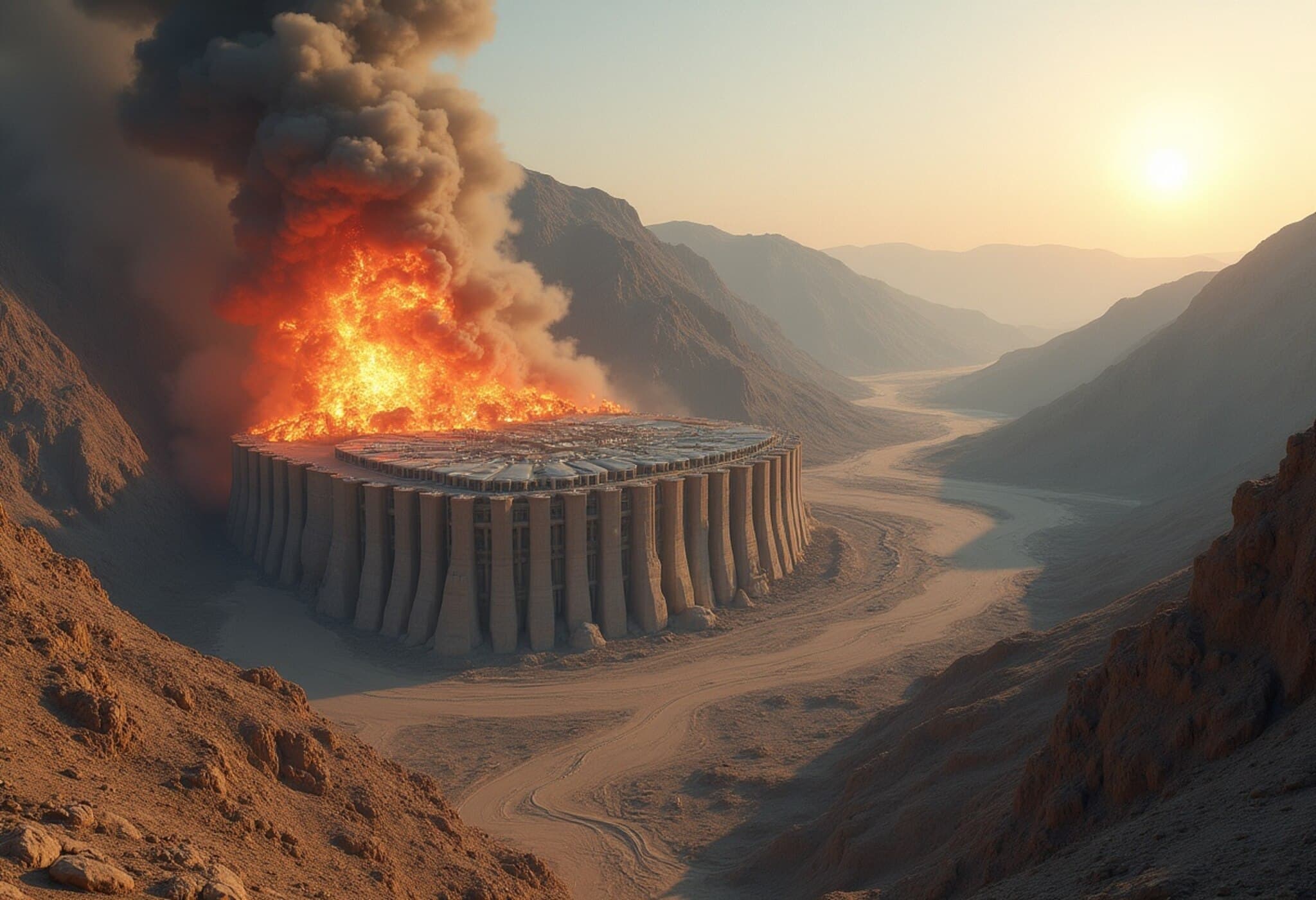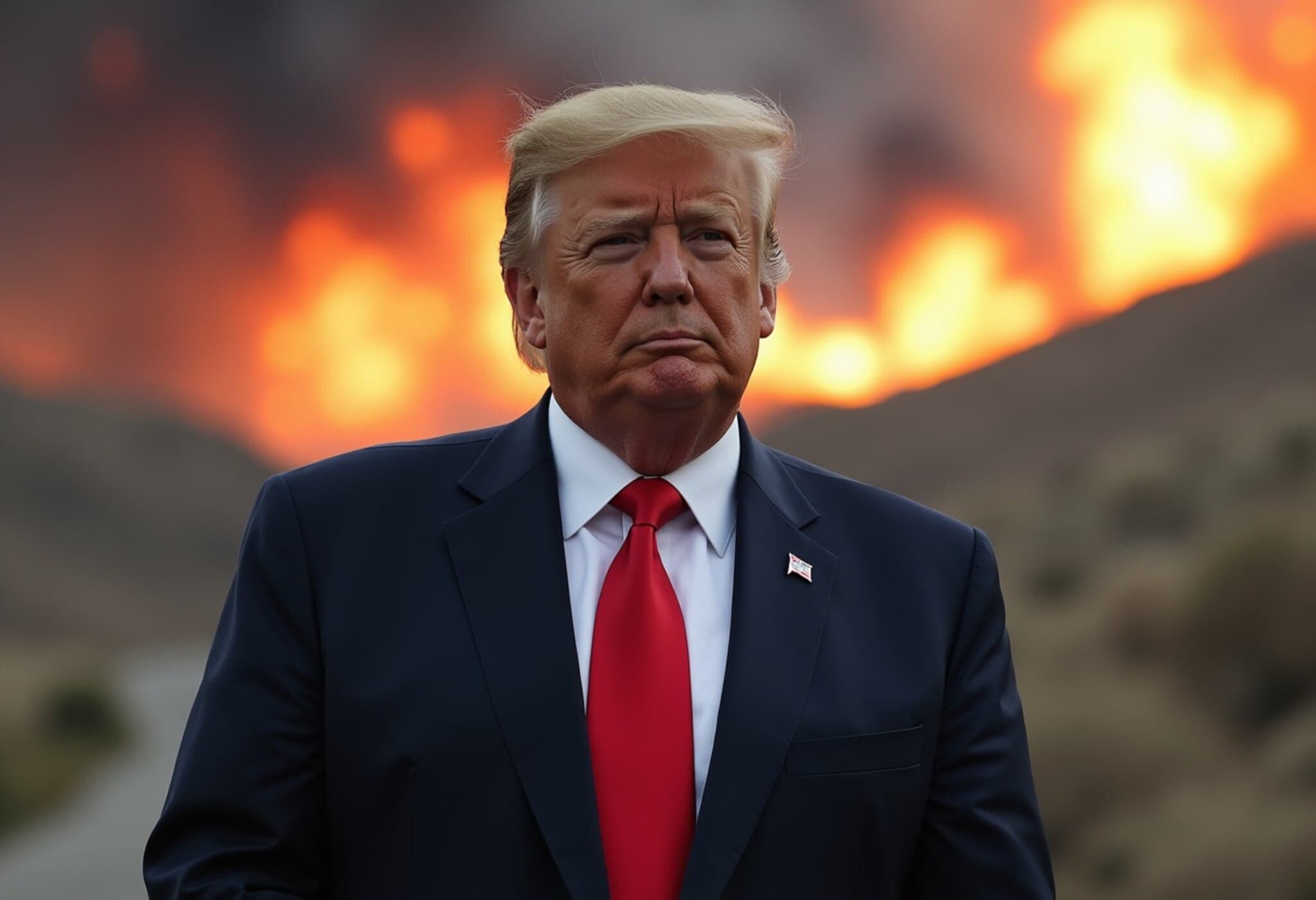Limited Iranian Cooperation Raises Concerns
The head of the International Atomic Energy Agency (IAEA) revealed that Iran has provided only limited cooperation and insufficient transparency concerning inspections of its nuclear program. Despite these constraints, the IAEA continues to monitor developments closely.
US Airstrikes Target Iranian Nuclear Facilities
On June 23, US forces launched precision bunker-buster bombs against three Iranian nuclear enrichment sites, including the heavily fortified Fordow facility. This action followed escalating regional tensions centered on fears that Iran was advancing toward nuclear weapons capability. The Fordow plant, located deep within a mountain, had been notably difficult to target by earlier Israeli strikes.
Impact on Fordow's Centrifuges
IAEA chief Rafael Grossi indicated that the centrifuges at Fordow—the intricate machines essential for uranium enrichment—are most likely no longer operational due to the airstrikes. These centrifuges are highly sensitive to vibrations, and the power of the bombs inflicted significant physical damage disrupting their function.
Extent of Damage and Nuclear Capacity
While some US officials claimed near-total destruction of Iran’s nuclear sites, Mr. Grossi painted a more measured picture, noting that the attacks caused considerable damage but stopped short of complete annihilation. Other nuclear installations outside the targeted sites remain intact, implying Iran’s nuclear program has been set back but not eradicated.
Challenges in Damage Assessment
Grossi explained that evaluating damage solely through satellite imagery is challenging and stressed the need for immediate onsite access to the affected facilities. Without this cooperation, a comprehensive assessment remains elusive.
Enriched Uranium Stockpile and Relocation
Following the strikes, reports surfaced regarding the status of Iran’s enriched uranium stockpile, estimated at 408 kilograms—just below the threshold for nuclear weaponization. There are claims that Iran physically relocated this material to a more secure underground site days before the US attack, supported by satellite images showing a convoy of trucks departing the Fordow area.
Political Repercussions Within Iran
In response to these developments, Iran’s parliament approved a bill to restrict future IAEA inspections, requiring clearance from the Supreme National Security Council. This move signals Tehran’s increasing resistance to international nuclear oversight.
What Lies Ahead?
Iran has consistently denied ambitions to develop nuclear weapons but remains defiant in the face of international pressure. The IAEA continues to advocate for transparency and full access, while ongoing tensions suggest the nuclear issue remains a volatile flashpoint in global diplomacy.

